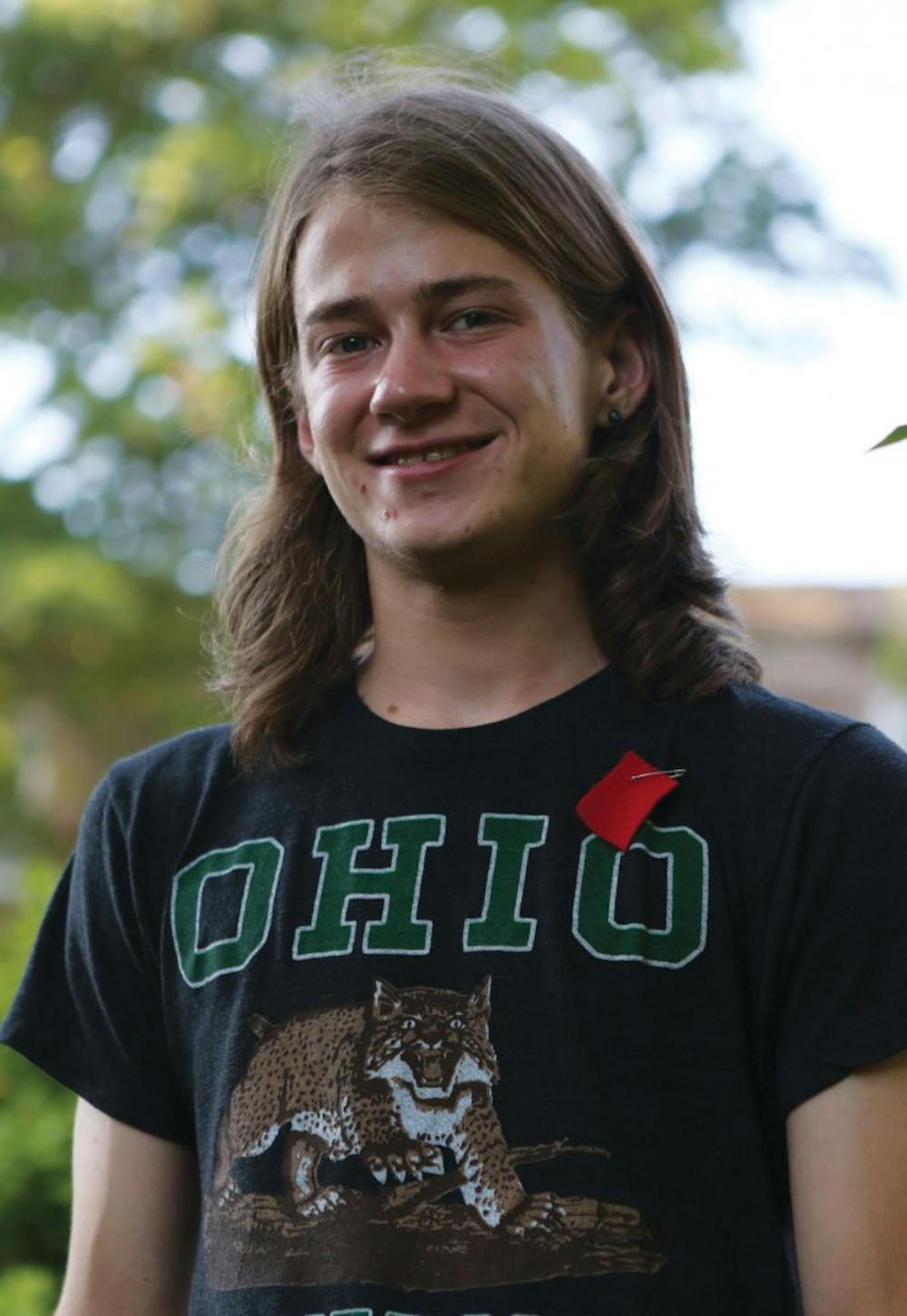The idea that students will be forced to pay a $50 fee to have a guest stay in their dorm room on Halloween weekend reflects the problem of corporate higher education in which students are viewed as customers.
An editorial in The Post from October 2007 reads, “For a $25 fee, what do [students] get? The privilege of letting their friends sleep on the floors they already pay an average of $4,365 a year to use?”
Not only are housing costs even more ridiculous today, but the guest fee has climbed from $25 since its implementation in 2007, to $35 in 2012, and now to $50 just a few years later in 2015. The concept is still exactly the same: Residents have to pay an inordinate amount of money for a single guest to sleep on a cold floor or share a tiny bed in a tiny room, the cost of which rivals those of the nicer apartments in Athens.
This $50 fee seems relatively easy to shrug off. However, for some people it means that their friend or significant other won’t be able to come down for Halloween and visit them. Even worse, those guests are being effectively banned from Ohio University on the basis of class. If the OU administration is really just concerned about keeping the block party small and manageable, they could ban guests in the dorms all together. Or, better yet, the university could just be nice and refrain from charging a fee all together, simply limiting residents to one guest per room. The money is already there to fund Alcohol.edu and the extra staff on Halloween, in addition to maybe even giving Residential Assistants a more significant bonus for working through the chaos of Halloween. This is obvious, because the university apparently has plenty of cash to throw toward a $15,000 raise and $90,000 bonus for President Roderick McDavis. And, need I remind anyone about the $1.2 million mansion?
I know it seems like student activists are constantly demanding that the university decrease fees, and I know that the retort is that the university simply has to charge that money to keep on functioning, given the financial situation of our country. But the reason we make so many demands of this nature is that the increased Halloween fee is a symptom of a far spookier problem we can see all around us.
{{tncms-asset app="editorial" id="30cb9d50-6d3a-11e5-b70a-0b11f16a01b8"}}
Consider this: What does it mean that we’re even required to live in the dorms for two years in the first place? That funding for research in the humanities has declined substantially in recent years, as universities increasingly favor research that produces hard, empirical data and can be funded by corporate donations? That 98 percent of drug-research sponsored by industries reflects favorably on the drugs being tested, whereas only 79 percent of papers not funded by private interests produce favorable results? That the university relies more and more on graduate assistants and adjunct professors, while the number of tenure-track faculty is dwindling? What does it mean that the university ushers in more and more students and builds more and more dorms while “dirty south” continues to fall apart, and the university’s faculty is getting paid the same amount of money for ever-increasing class sizes? And, lastly, what does it mean that the university is now charging $50 for guests on Halloween weekend?
It means that our university, just like most other universities in this country, is functioning increasingly like a corporation. It means that the national, economic mode of neoliberalism is degrading the quality of higher education across the country. It means that our university views its students as customers. And it also means that my girlfriend isn’t going to come down to Athens to stay with me on Halloween weekend. This situation, as epitomized by the Halloween fee, is both deeply personal and deeply political. And that means we have to fight back.
You can take a simple action right now by signing a petition that one student has created, asking the university to scrap the $50 fee. But I would also encourage you to see that this is not an isolated incident. It reflects a problem in higher education much more generally, and it reflects a problem with our economy and our society. Consequently, we should not only sign this student’s petition, but we should also take action that threatens the very idea of corporate higher education, so that we can begin reclaiming universities as emancipatory spaces of intellectual freedom.
Daniel Kington is a sophomore studying English and a Student Union organizer. He is also an officer of the Sierra Student Coalition. What do you think of the Halloween fee? Email him at dk982513@ohio.edu.






